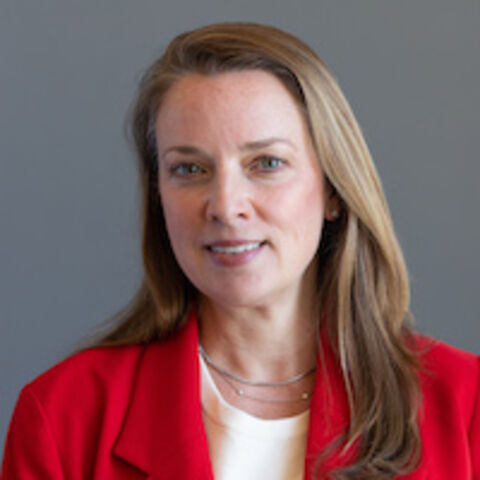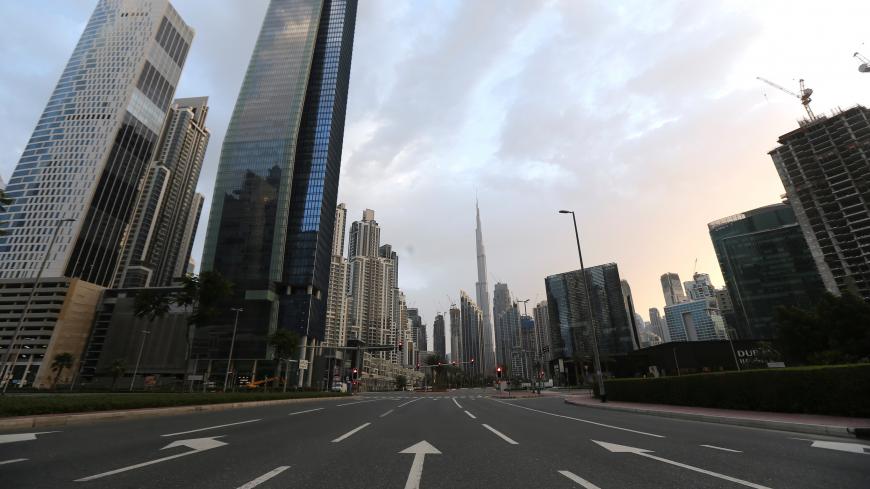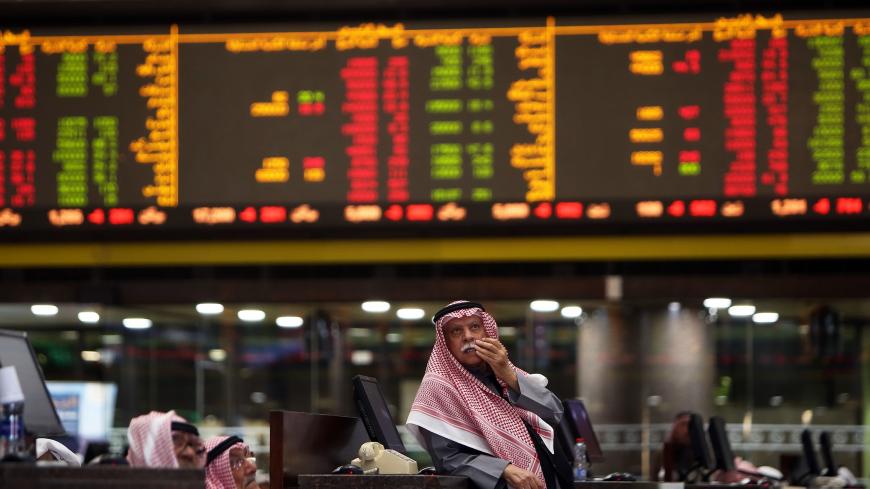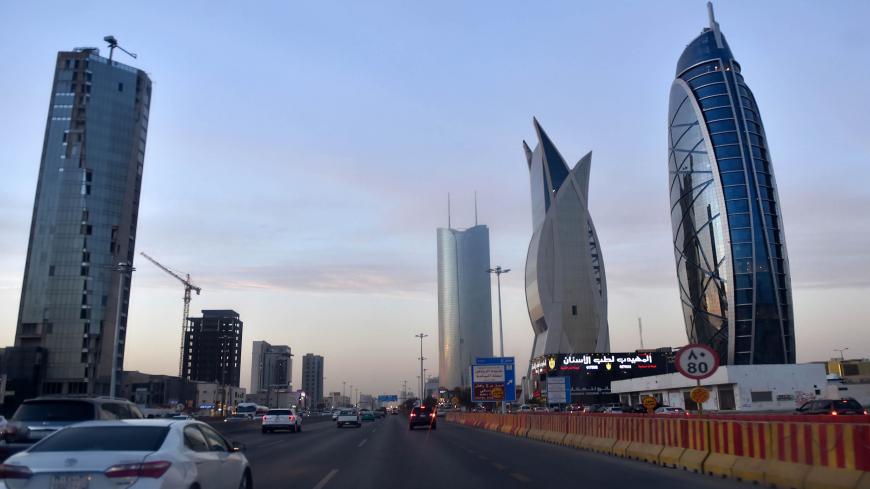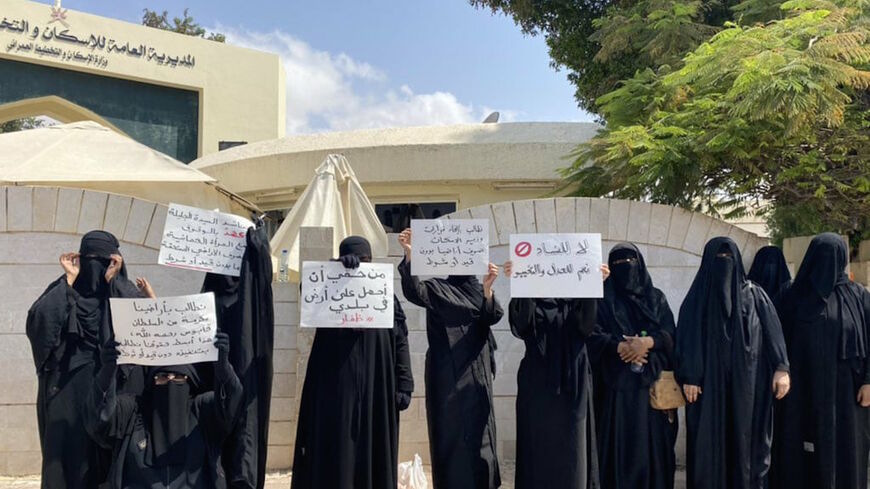COVID accelerates evolution of Gulf economies
The economic policy response to COVID-19 is an acceleration of specific trends already underway across the Gulf Cooperation Council members, variously affecting tax policy, labor market regulation and immigration policy.

Like many countries across emerging markets, the plan for economic recovery from the COVID-19 pandemic in Saudi Arabia relies on government outlays in social support and public health, a renewed effort to attract foreign direct investment, access to international debt capital markets and some serious fiscal consolidation. In many ways, though, the economic policy response to COVID-19 is an acceleration of specific trends already underway across the GCC. The policy shifts we saw in 2020 are really a continuation of the shifts that began in 2015 with the decline in oil prices. What is new is more differentiation between Gulf Cooperation Council state approaches that now lead to a competitive economic policy landscape. This is a broader effect of an energy inflection point in the global economy: plentiful oil supply, less oil demand, more competitive renewable energy options and a more discerning investor and consumer of carbon-intensive products.
The COVID-19 pandemic is just speeding things along, and we see now a wider aperture across the GCC on tax policy, labor market regulation and immigration policy. The pandemic has also made the economic diversification policies that were innovative all the more difficult to execute in the past year. Projects in tourism, airlines and entertainment, along with investment in private schooling and destination or megacities could not accelerate as planned. And for Saudi Arabia, these are precisely the areas the government is targeting for growth. While the megaprojects elicit critiques for their tech-obsessed grandeur, the easier target of a growing market for private education of a youthful population has been slowed down by the pandemic. Saudi private schools are expected to increase to 25% of the total K-12 school offerings by 2030, from 17% currently. For early education, the Saudi market is poised to grow with current enrollment rates of kindergarten students at only about 15%. While the expansion of private schools is a target of investment and private sector growth with excellent potential, the growth trajectory was dealt a blow from the pandemic. One estimate is that 45% of private school students retreated to public options (that are free of charge) when in-person schooling became impossible and to parents, not worth the expense.
Subscribe for unlimited access
All news, events, memos, reports, and analysis, and access all 10 of our newsletters. Learn more
Continue reading this article for free
Access 1 free article per month when you sign up. Learn more.
By signing up, you agree to Al-Monitor’s Terms and Conditions and Privacy Policy. Already have an account? Log in


